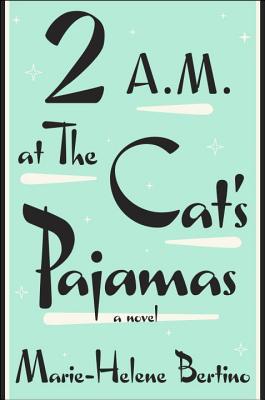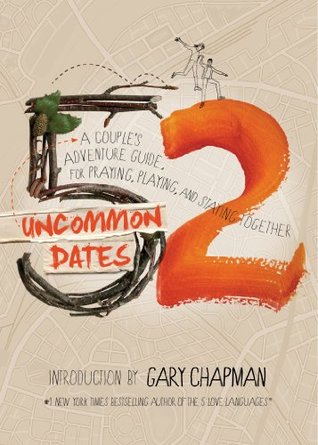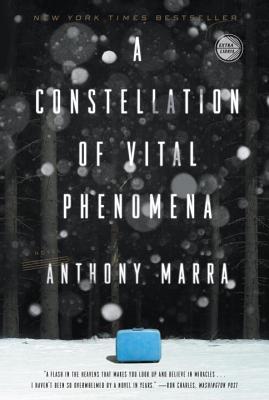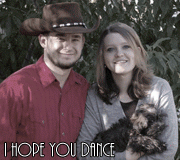About the Book
Who among us doesn't desperately need... Love. Period.
Love
without conditions ... acceptance that will change the world. Every one
of us wants to be more than just accepted; Rudy shows us how to love
people who are not like us. By truly understanding what Jesus meant when
He said love is the greatest commandment of all, we learn how to love
people—of different races, backgrounds, economic status, physical or
mentally challenged, or dependent. Love. Period. is a message demonstrating the only way we get that kind of love is by giving it to others.
About the Author
Pastor Rudy Rasmus has led St. John's
United Methodist Church with his wife, Juanita, for more than twenty
years. St. John's has grown to over 9,000-member church (3,000 of whom
are, or were, homeless at one time) and is one of the most culturally
diverse congregations in the country. Pastor Rudy attributes the success
of the church to a compassionate congregation which has embraced the
vision of tearing down walls of classism, sexism, and racism, and
replacing them with unconditional love and acceptance. Rudy and Juanita
are the proud parents of two daughters. (Via)
This book was not what I was expecting. I was interested because of the title and curious to read a new point of view. I agree that God wants us to love, no matter the race, gender, etc. This book has some good points and obvious examples of what it looks like NOT to love. It also shows a kind man who in the worst situation chooses to love. That is what I took away from this book the most. When you really want to snap at someone at work or family or at the coffee line, choose to love. Choose to be an example and not be hateful or rude.
I think we are suppose to love everyone, but not necessarily their actions. There are a lot of people I don't agree with what they do but I love them anyway.
This was an ok book but not my favorite.
Three stars.
"I received this book from the publisher for free in exchange for an honest review."
1.
You believe that loving without
condition means loving regardless of race, class, gender, orientation, or past
deeds. How would you respond to someone who says he can’t love someone who he
believes is making sinful lifestyle choices?
Sinful is a big word with many
implications and interpretations based on the cultural context. I define sin as
“anything that separates a person from their creator and prohibits that person
from fulfilling their God ordained purpose.” With this definition in mind, to
determine another person’s “sinful lifestyle choice” is a subjective
experience based on how the person interprets the word “sin.”
To begin with, I carefully
separate a person’s race, class, gender, or orientation from a person’s
conscious deeds which are more connected to a person’s character defined by the
way a person thinks, feels or responds. The task of every person in the human
family is to respect “the other’s” place in the world rather than assuming
agreement is necessary for love to be present.
2.
How have you seen love break
down walls of classism, sexism, and racism in your own city of Houston?
Achieving racial equality has been
a long journey in Houston and the rest of the American South. I drank from a
separate water fountain until I was 11 years old in Houston but today it is one
of the most diverse cities in the United States.
If the mandate of love is to “love
your neighbor as you love yourself,” then Houston is proving everyday that it
is a place where people of every class, station, or orientation have a place to
call home. This is a reminder that love ultimately accomplishes what
legislation can’t.
3.
You write that there is a big
difference between loving our neighbor as ourselves and loving the
neighborhood. What do you mean by that?
I don’t believe you can truly
extend love to broader cultural context before you can perfect loving the
person in front of you at this very moment. If I want to know how you interpret
love, I can look for your fruit as a determinant. The love Jesus talked about
is not preferential love based on a pre-existing qualification process, but its
love in the same way that God loves us and out of this love we are to love “the
neighbor.” I am making the assumption “the neighbor” is a sociological
parameter and not a geographic determination makes everyone on the planet our
neighbor whether we like, agree, or approve of their life expression or
not. The greatest commandment was to love God (through sacrifice), love
others (through service), and to love self (through self-respect).
4.
What is the connection between
vulnerability and love?
Madeleine L’Engle once wrote, “When
we were children, we used to think that when we were grown up we would no
longer be vulnerable. But to grow up is to accept vulnerability. To be alive is
to be vulnerable.”
The major obstacle in today’s
world prohibiting the sharing of love is scarcity, inadequacy, and insecurity.
In other words, not feeling as though I have enough; not feeling I can do
enough; and not feeling I am enough. There is a proverb that goes, “The person
who doesn’t know what enough is, will never have enough.” Scarcity is rampant
in shame-prone, materialistic, competitive societies, which are overly focused
on lack.
Love requires a generous heart,
free of fear, and a willingness to be vulnerable.
In Love. Period. I wrote, “Love liberates us so we can walk
fully in the truth of God’s love, and reach out to others with great
vulnerability, in order to engage others in a relationship that brings honor to
God.”
5.
We
hear a lot about being an “entitlement nation.” How do you see that displayed
in our society today?
The term “narcissism” finds its
origins in Greek Mythology where Narcissus is remembered
for having fallen in love with his own reflection. And since he could not
obtain the object of his love, he died of sorrow by the same pool. I’m not
implying our society has fatally fallen in love with its own image, but could
that we have become so consumed with our own reflection, that we have possibly
missed seeing the needs of the world around us? At the end of the day, “Love is
as love does.”

















































